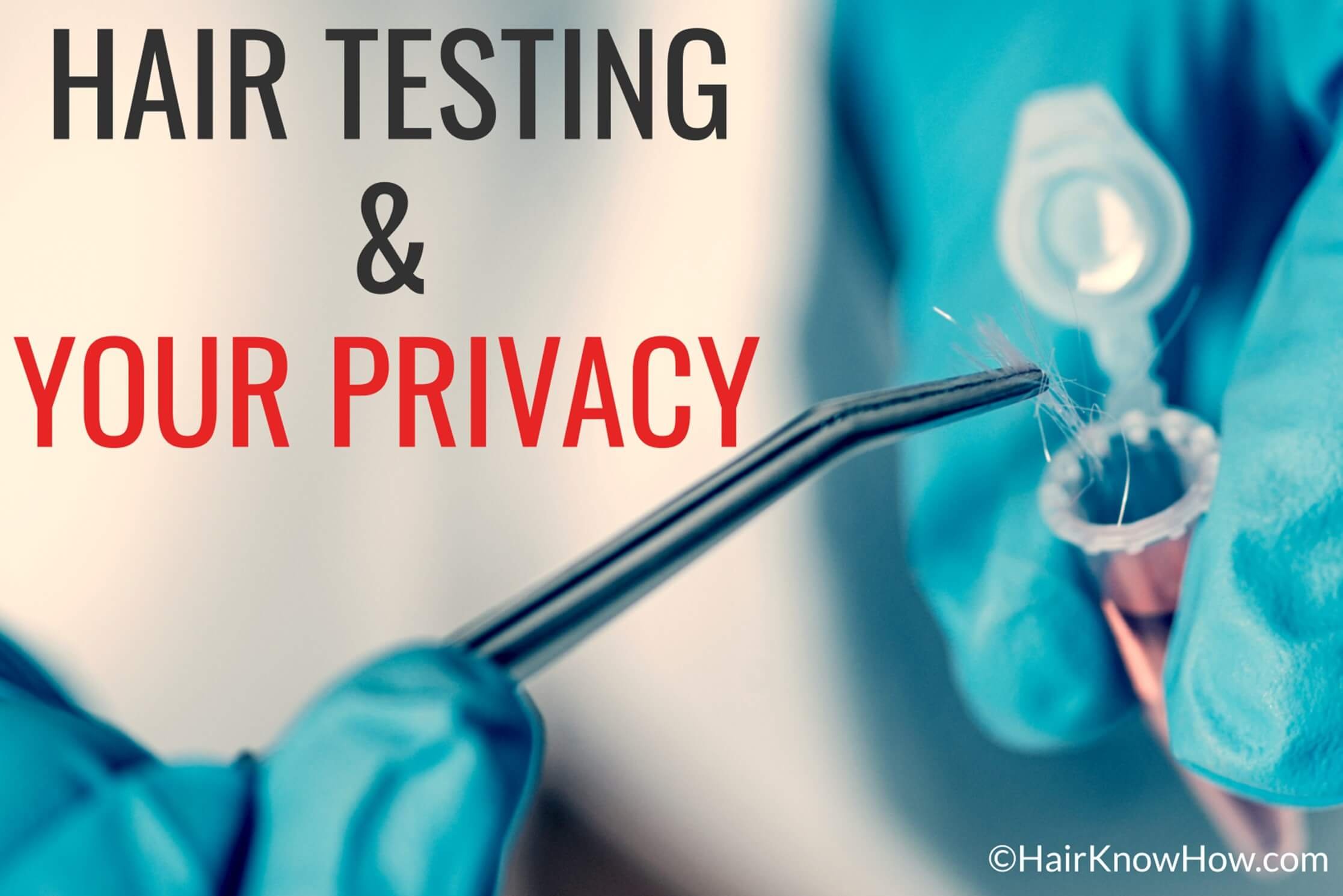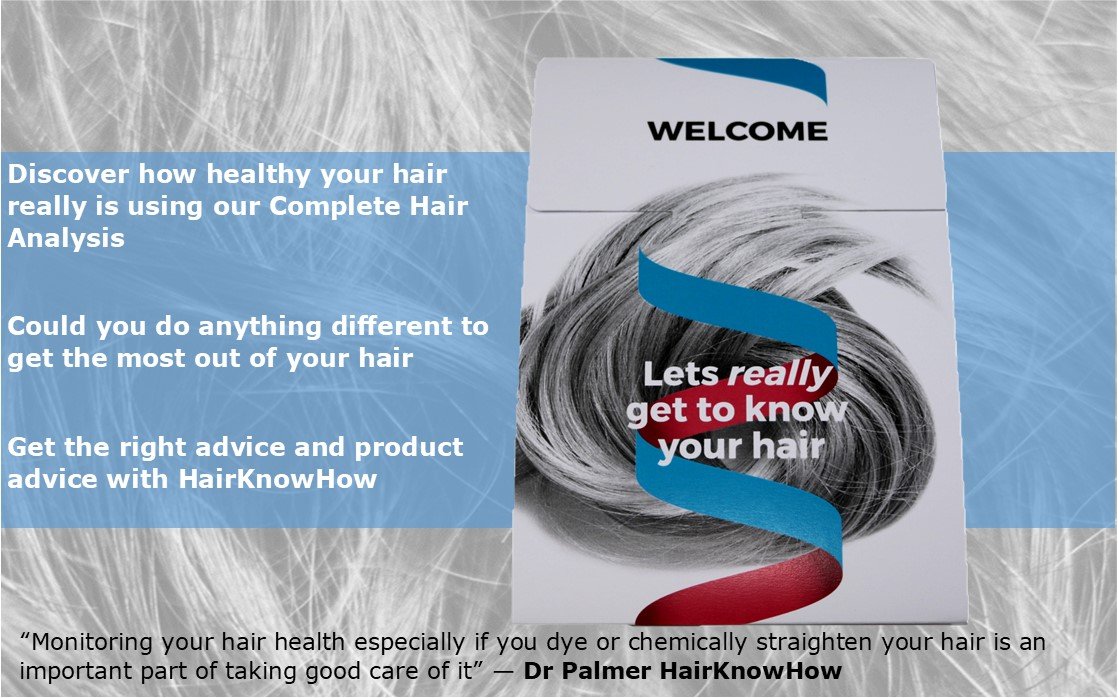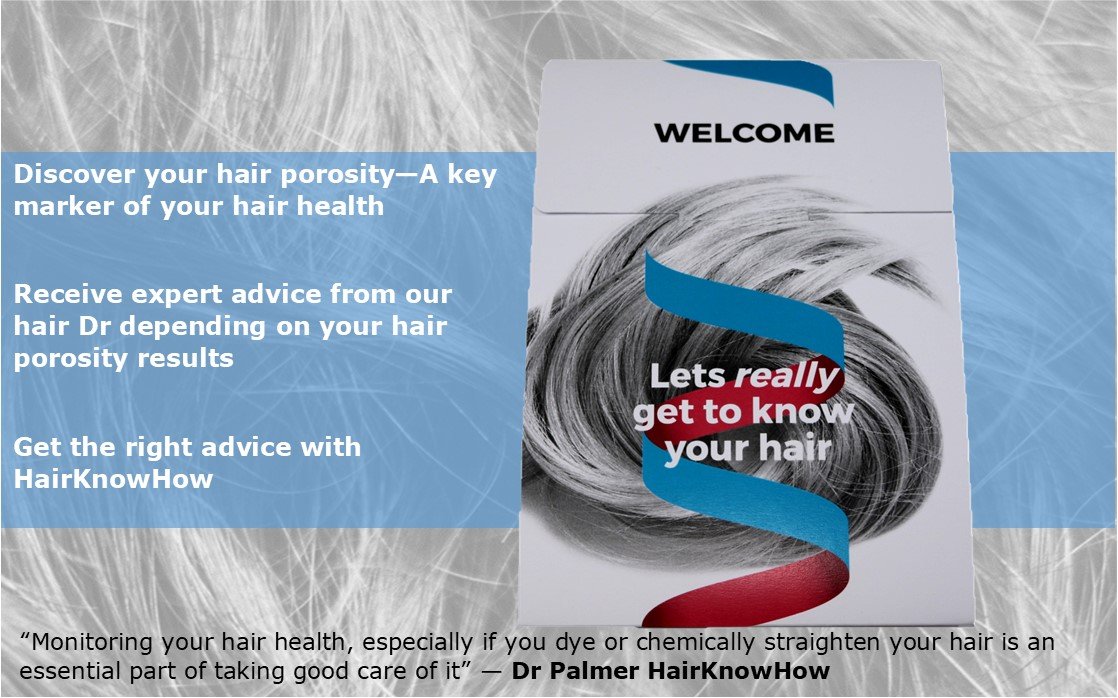Hair Testing Privacy Introduction
When it comes to drug testing, employers and schools often turn to hair testing to screen employees and students for drug use. While hair testing can be an effective way to detect drug use, it also raises privacy concerns.
Employers and schools may require employees and students to submit to hair tests as a condition of employment or enrollment. This can raise concerns about the disclosure of personal information, such as drug use history, among peers or through company management.
Hair tests can also screen for other conditions, such as alcohol use or the presence of minerals or environmental toxins. However, these tests are not always accurate and can produce false positives. This can lead to discrimination against employees or students who are wrongly accused of using drugs or alcohol.
The best way to protect your privacy regarding hair testing is to understand your rights and the policies of the employer or school and ensure they are upheld.
If you have concerns about a hair test, you should talk to your employer or school administrator. You may also want to consult with a lawyer or the information commission if you believe your rights or data protection have been violated.
Hair Testing and Legal Issues
There are a few legal issues to be aware of when it comes to hair testing. First and foremost, it's important to note that hair testing is permissible in many courts and jurisdictions worldwide. If you're facing legal proceedings, your hair test results could be used as evidence against you.
However, hair testing can be used in other ways that may impact your legal rights. For example, employers may require hair tests as part of their hiring process, and the results may be used to deny you employment.
Similarly, schools and other organisations may require hair tests for participation in extracurricular activities or as a condition of enrollment. Again, the hair test results could be used to deny you access to these activities or programs.
Finally, it's important to remember that the law might change even if hair testing in your area is not currently admissible in court. So if you're facing any legal proceedings, it's always best to consult a lawyer before consenting to a hair test.
Hair Testing and Employee Privacy
Hair testing can be an invasive and intrusive process, particularly when it comes to employee privacy. Several concerns can arise from hair testing, including the potential for discrimination, invasion of privacy, and violation of personal rights.
They may also feel that their right to privacy is being violated if they must disclose personal information, such as medical history or drug use habits, to take a hair test.
When it comes to employee privacy, hair testing can be a controversial issue. Some employees may feel that their privacy is invaded when their hair is tested, while others may not be concerned about the process of hair testing. However, it is important to consider the potential implications of hair testing before implementing it in the workplace.
Discrimination is a primary concern when it comes to hair testing. Employers may use hair tests to discriminate against employees based on race, ethnicity, or gender. For example, African American employees may be more likely to be tested for drugs than white employees, and women may be more likely to be tested for alcohol than men. This discrimination can create a hostile work environment and lead to legal action against the employer.
Hair tests have produced false positives (although relatively rare), which could lead to disciplinary action or even termination of employment.
Hair testing can also be seen as a form of discrimination if used to target specific individuals or groups.
Ultimately, employers should carefully consider the potential implications of hair testing before implementing it in their workplace. They should also ensure that they respect employee privacy and take steps to prevent discrimination or violations of personal rights.
Hair Testing and Personal Privacy
Hair testing is a sensitive issue because it can provide information about an individual's health. The use of hair samples for testing has been increasing in recent years, and there are concerns about the privacy of these hair tests.
There are many main ways that hair samples are used for testing. The most common use for hair tests is for drugs, and the second is for detecting environmental contamination or heavy metals within the hair. Hair drug testing can be carried out for both legal and illegal drugs.
Another type of hair test gaining popularity is the hair health test, such as the service provided by HairKnowHow's Complete Hair Analysis Test. Hair health tests thoroughly evaluate a client's hair's health and then make grooming, hair care and product recommendations based on their hair’s condition.
Most people need to be made aware that hair samples can be used for testing, and they may not be comfortable with their hair being tested.
There are also concerns about who will access these hair test results and how they will be used. Personal information from clients is usually protected via privacy policies that form part of the terms and conditions subject to the service you request. If in doubt, read these documents or contact the hair testing company for clarification.
Some companies require employees to submit to hair drug tests as a condition of employment. This practice has raised concerns about discrimination and invasion of privacy.
There are some ways to protect your privacy if you are concerned about hair testing. You can ask your doctor or another healthcare provider if they offer this type of hair testing. You can also contact the lab that will be doing the testing to find out their policies regarding the confidentiality and the release of results.
Hair Testing and Data Security
When it comes to employment drug testing, hair testing is becoming increasingly popular. This is because hair testing can typically detect drug and alcohol use for up to 90 days, or in some cases, up to a year - depending on hair length, whereas urine tests can only detect drug use for the past few days. However, hair testing can raise privacy concerns.
When a person's hair is tested for drugs, the sample is sent to a laboratory for analysis. The lab then provides the employer with a report detailing the employee's drug use. This information could be used to discriminate against employees who test positive for drugs, even if they are using them for medicinal purposes.
If you are using any medication for medical purposes that could affect your or other people's safety at work, you should notify your employer; it is best that this information is not discovered in a drug test but given freely so that possible allowances can be made. Being proactive in this case is advised.
In addition, employers may require employees to provide detailed personal information to have their hair tested. This information could be used for identity theft or other malicious purposes.
Hair testing services will themselves have privacy policies covering how long samples are kept after analysis before they are disposed of. This information should be free and available on the service provider’s website.
In addition, employers should be transparent about their drug testing policies and provide employees with detailed information on how their private information will be used and stored. Finally, employers should limit access to hair test results to only those who need to know this information.
You should only submit to a hair drug test to protect your privacy if you are comfortable with the employer having this information about you. You should also ensure that you understand how the employer will use your test results and what will happen if you test positive for drugs.
Hair Test Sample Privacy
To protect employees from privacy violations, employers should ensure the security of hair samples. This includes storing samples in secure, locked locations and requiring all personnel who handle them to sign a confidentiality agreement.
There are also concerns about the security of hair samples. If a hair sample falls into the wrong hands, it could be used to accuse someone of drug use falsely.
Hair Testing and Confidentiality
When it comes to hair testing, confidentiality is of the utmost importance. How the hair sample is confidentially obtained it also important. Not only is it essential to keep the hair test results private, but it's also vital to ensure that the test itself is conducted privately. Here are a few things to keep in mind when it comes to hair testing and confidentiality:
A qualified professional should conduct hair tests in a confidential setting.
Hair test results should be strictly confidential.
If you have any concerns about your hair test or its results, discuss them with your healthcare provider in a confidential setting.
Hair Testing and Privacy Laws
Since hair testing can reveal drug use over extended time frames, some worry that it invades their privacy. However, there are laws in place to protect people's privacy rights.
The Hair Follicle, Drug Test Privacy Act, was passed in 2006 and states that employers cannot require employees to submit to hair testing without their consent. This means an employer cannot force an employee to take a hair follicle drug test, but the employee can and may be "required" to volunteer to take the test.
If an employer does require an employee to take a hair follicle drug test, the employer must follow specific procedures. The employer, in some jurisdictions, must provide the employee with written notice of the test at least ten days before the hair test is scheduled to take place. The notice must include information about the purpose of the hair test, what substances will be tested for, and what the consequences will be if the employee tests positive for drugs.
The employer must typically give the employee a chance to explain any positive results before taking disciplinary action. This allows employees to explain positive results and gives them due process rights.
Hair Testing and General Privacy
Hair testing is a real thing. It is becoming more popular, especially among employers. That's because hair tests can detect drug use going back months or even years. And since hair grows slowly, it can be hard to avoid detection if you're using drugs regularly.
But there are some privacy concerns with hair testing. For one, the sample can be taken without your consent. And once it's taken, your drug history may be available for anyone to see. Additionally, hair tests are often used for pre-employment screening, which means potential employers could discriminate against you based on your drug-taking history or health.
How can you protect your privacy?
So what can you do to protect your privacy regarding hair testing? For one, you can ask that the sample be taken in a private room. However, keep in mind that if you're applying for a job that requires hair testing, refusing to take the test could disqualify you from getting the job. And if you're concerned about potential discrimination, you can always decline to take the hair test.
Hair Testing and Medical Privacy
Hair testing is a type of drug test that can detect the presence of drugs that is or were within a person's body. Unlike urine or blood tests, hair tests can show if someone has used drugs in the past few months. This makes them a popular choice for employers and schools who want to screen for drug use.
However, hair tests also raise privacy concerns. Because they can detect drug use over a long time (up to one year), employers and schools may be able to learn private information about a person's drug use history. This could lead to discrimination or other negative consequences for the tested person.
There are steps that people can take to protect their privacy when taking a hair test. For example, they can ask to have their test done in a private room and request that the sample is sent to an independent lab for analysis. However, it is important to remember that even with these precautions, there is no guarantee of complete privacy.
Hair Testing and Personal Data Protection.
Personal data protection is of the utmost importance when it comes to hair testing. While hair samples can provide a wealth of information about an individual, they can also be used to obtain sensitive personal data unlawfully. That's why it's essential to take steps to protect your hair sample and any associated personal information.
One way to do this is to ensure that the hair testing company you use has robust security measures to protect your information. This includes ensuring that the company encrypts all data, uses secure servers, and has strict access controls. You should also ensure that you only provide the minimum necessary information when submitting a hair sample for hair testing.
Another way to protect your data is to ensure that your hair sample is destroyed after it has been tested. This can be done by requesting that the testing company destroy the sample once the test is complete. The hair testing service provider should also destroy the hair test sample after a certain period; this can vary depending on the type of hair test service used. It would be best to track who has access to your hair sample and any associated personal information. This will help you identify any unauthorised access or misuse of your data.
Taking these precautions can help protect your personal data when undergoing hair testing.
Hair Testing and Privacy Conclusion
Several privacy concerns surround hair testing. There is a concern that hair testing may be used to discriminate against certain groups of people.
There is also the concern that hair testing may be used to invade an individual's privacy. Hair samples may be taken without an individual's consent or knowledge.
Finally, there is the concern that drug or alcohol hair testing may not be accurate. This is because hair samples can be subject to external factors (such as environmental or hair care product contamination), which can distort results.
Get Expert Hair Analysis and Help
If you are interested in learning about hair testing or have a hair concern you would like to discuss, then please do get in touch. Contact the HairKnowHow Team if you have any questions.





